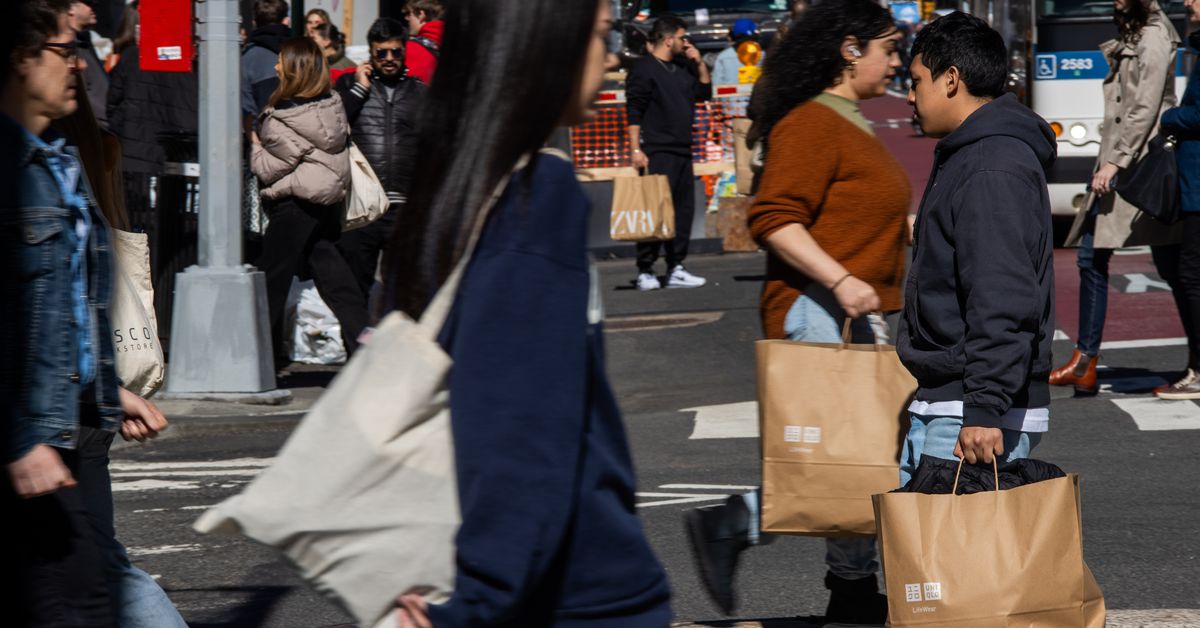For me it’s because the few moments of joy and distraction I get from retail therapy are just about the only enjoyable thing in my life.
But…does this occur to you as a “problem”?
Srsly. Finding actual happiness is a thing you can actively cultivate.
I think it depends on their form of retail therapy. My most recent “luxury” purchases (aside from vet bills and car repairs) have been a brand new vacuum cleaner to replace my really sucky old one, and a dremel so that I can complete four projects without ruining my hands. Both purchases gave me a retail-therapy high - but being able to quickly and easily complete those projects and put everything away, and finally having a clean house, are both giving me an even longer-lasting high, when I can walk around without feeling the grime in the carpet, and I can walk into the dining area and not immediately be confronted by a table of “oh, yeah, I really need to finish those, shit”.
Did I absolutely need the vacuum or the dremel? Nope, their purchase was retail therapy, I definitely did it for the high. But I justified the purchases by saying they’d be good for me - and they have been.
It’s the “the only enjoyable thing in my life.” part I was addressing.
I don’t remember where I heard this but it resonated with me: People are still spending like there’s no tomorrow, because they sense that there’s no tomorrow.
Yeah, that tracks. It has at least partially affected my spending. I relaxed my miserly habits a year or two ago when realizing I have no retirement future and no idea what I’m realistically saving for. So I’ve stopped delaying small comforts and experiences I would have scrutinized much more in the past.
Because I don’t have a choice. Food, rent, and utilities are expensive and the price keeps going up. I would be homeless to save money on rent but it’s illegal to sleep in a car.
Because things cost more than they did a year ago perpetually because yachts cost more money the bigger they get and nobody cares to appropriately regulate the crazy gravy train that pays them.
I’ll never take seriously someone who uses the phrase “excess savings” unironically. Which, amusingly, is directly related to the topic: “the economy” isn’t about the average person, and this is largely why there’s is a huge disconnect between Wall Street/politicians/economists and actual people on perceptions of how well “the economy” is doing.
I thought that was your whole thing



